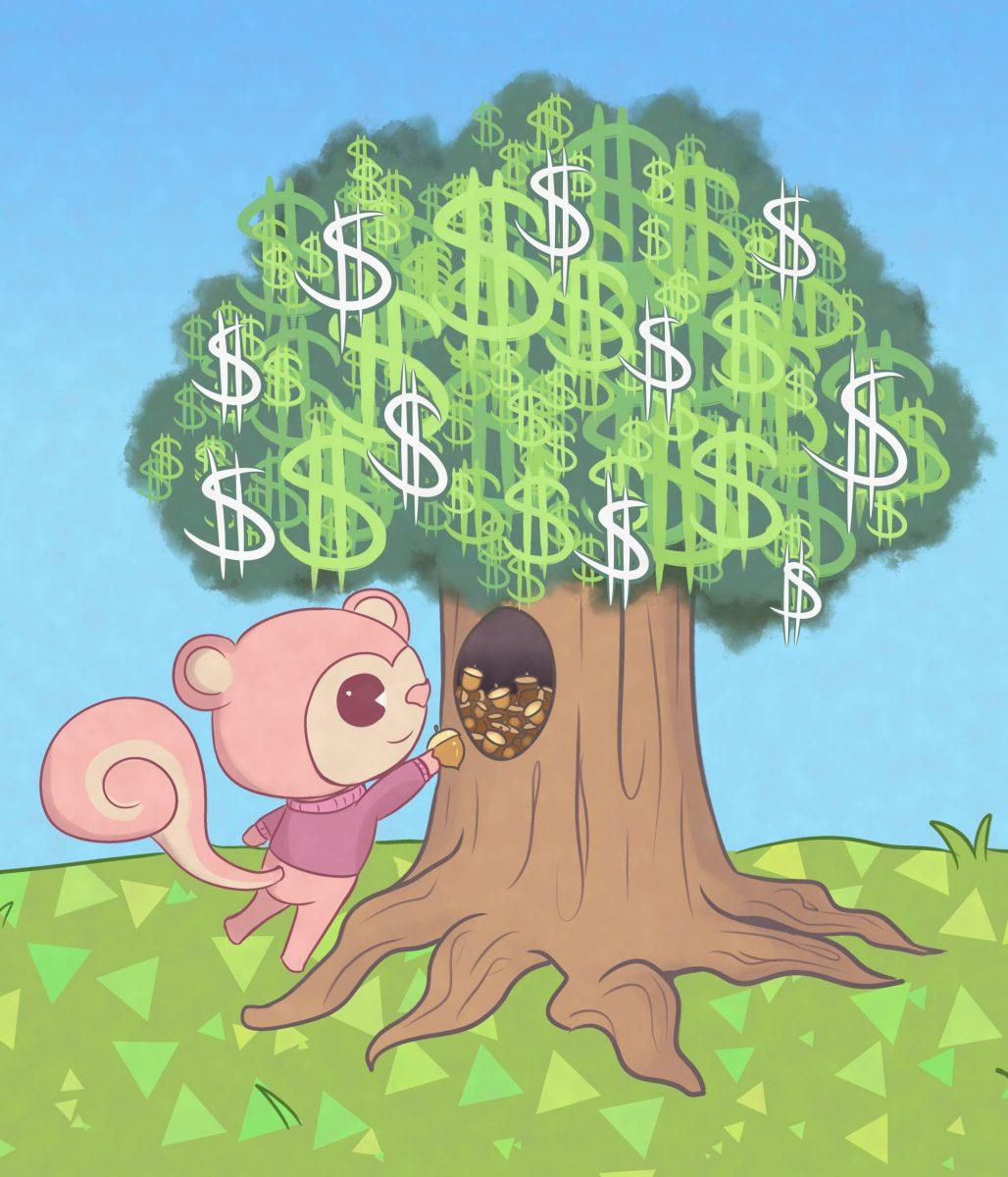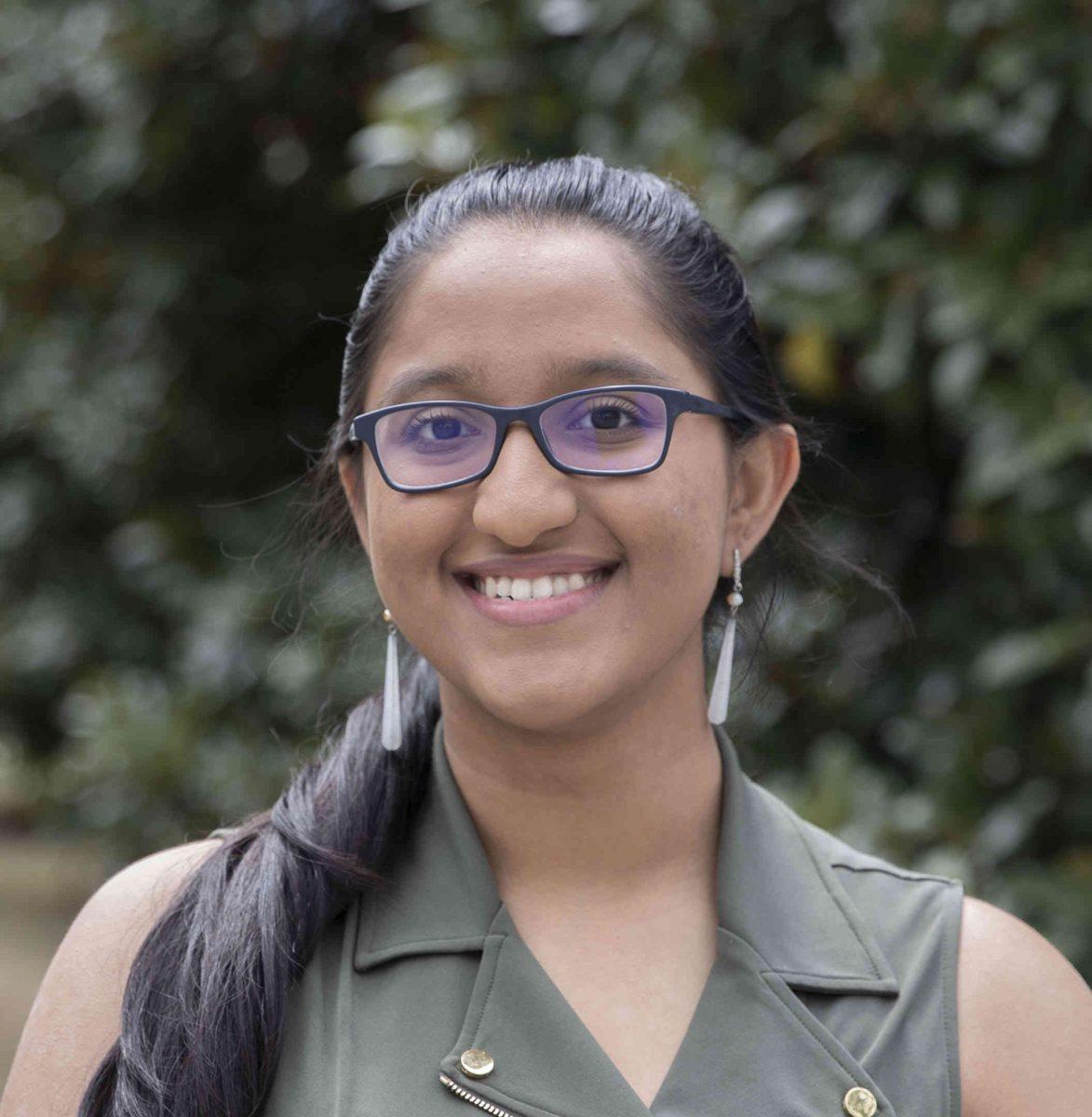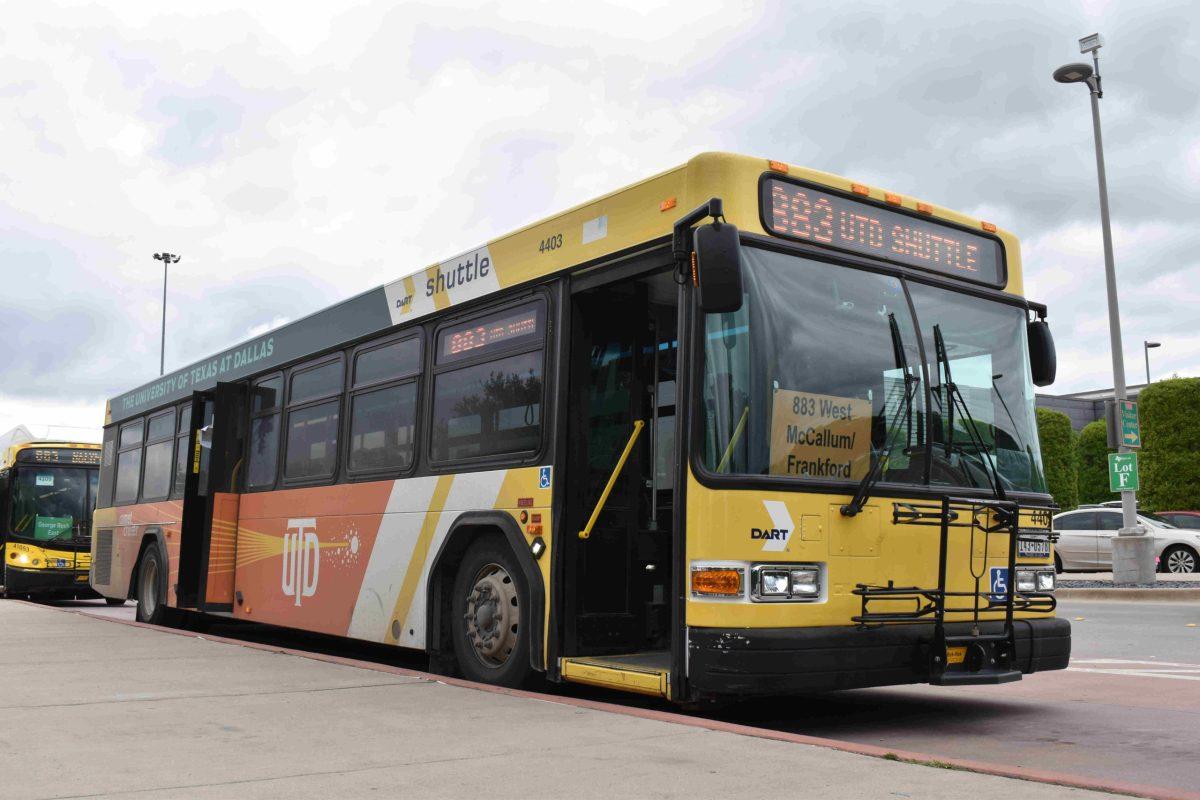Academic, financial resources to help you succeed
The transition from high school to college can feel overwhelming, but there are campus resources that can make the change smoother. Here are some of the most common ones, all free of cost to current students.
Academics
Outside of going to professors’ office hours, there are lots of resources for students struggling with their academics, looking to improve themselves or who just need a second pair of eyes on their work.
The Student Success Center (SSC), located at the basement level of McDermott library, serves as the largest campus resource for academic success. It offers several services including peer tutoring, Supplemental Instruction, Peer-Led Team Learning, the Writing Center, Communication Lab and Academic Success Coaching. All of the services have, due to the current situation, transitioned online.
Peer tutoring is what it sounds like: tutoring takes place individually or in a small group, led by a fellow student who has already taken — and performed well in — the course. Peer tutoring is offered for classes that are considered “historically challenging,” often math or science courses. Out of all the academic resources, this is the most flexible one, as it includes drop-ins and you don’t need to register unless you want to set up an appointment with a tutor.
Supplemental Instruction (SI) is similar to peer tutoring in that you can come during open hours without any appointment. It differs in that the SI leaders sit in on the class you’re taking, so they’re able to explain specific lecture problems versus general concepts, and offer supplemental practice problems. Each SI class has their own leader, and they hold sessions during specific times. Drop-ins during sessions are welcome, and work can be done individually or in a group. Not all courses offer an SI option, so be on the lookout for an announcement or syllabus entry at the beginning of a class for SI opportunities.
In Peer-Led Team Learning (PLTL), groups of four to eight students meet weekly with an experienced student tutor. This is only offered for lower-level math, physics and chemistry courses, and is also the most high-commitment academic service: attendance is mandatory, otherwise students forfeit their position in their group. Enrollment for this program is different from the other services: students pre-register and some are pre-selected through a lottery system. The pre-selected students are able to enroll in PLTL sessions when the initial registration period opens. After that period, the remaining pre-registered students will be given the opportunity to enroll. Remaining enrollment will open to all students after the pre-registered enrollment period ends.
If this option sounds appealing, be sure to pre-register, since there’s historically a high volume of people who want to do PLTL. In case pre-registration is missed, fear not: there’s a waitlist, since people may change classes or decide PLTL isn’t for them. As with all the above services, check the SSC website for which courses are PLTL eligible for the upcoming semester.
The Writing Center offers feedback and support through one-on-one tutoring sessions and workshops, and are currently only taking online appointments. However, appointments don’t happen in real time over video-conferencing: after students submit essays, the Writing Center sends it back with comments within 24 hours of the appointment. Try to send essays at least two days in advance to keep on top of any deadlines!
The Communication Lab (CommLab) is aimed at helping students become more confident with individual or group presentations. They offer many resources and guidelines, like how to draft a speech or effectively use notecards in a presentation. Similar to The Writing Center, the CommLab is only taking online appointments and will take 24 hours to respond to students.
Academic Success Coaching is a unique service in which academically successful students coach their peers on crucial academic soft skills, from time management and note-taking to managing test anxiety. They are also currently operating online: students send in concerns or areas they feel they need help with, and the coaches will respond to within 24 hours to help develop a personalized success plan.
Finances
According to a survey conducted by the National Association of Student Financial Aid Administrators, only 40 percent of all students at four-year colleges have ever taken a personal finances course. In 2015, the Comet Cents Money Management Center was founded by the SSC to educate currently enrolled students on personal financial topics such as saving, budgeting, credit management, student loans, identity theft and financial responsibilities after college. In the 2018 – 2019 school year, Comet Cents provided financial literacy services to over 2,000 students.
Comet Cents offers lots of resources to help students, such as CashCourse, a digital course that has a variety of self-paced training modules that provide a broad introduction to financial responsibility and financial literacy topics. They also offer their drop-ins and appointments through video-conferencing, so students can meet with them to discuss specific finance-related questions. There’s also peer-led workshops, outside speaker events by alumni or industry professionals, and the W!se Financial Literacy Certification, which helps students learn about personal finance. Comets Cents even has a podcast called Change Matters. It provides students with information about financial principles in general topics like student loans, credit and budgeting, among other things.
Whitney Vela, a program specialist at Comet Cents, said she recommended incoming students take advantage of the Smart About Money (SAM) workshop, which covers money management, credit and debit, spending and saving and more. More information about its resources is listed on the Comet Cents website.







